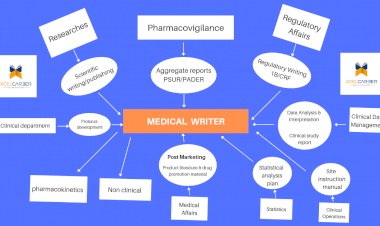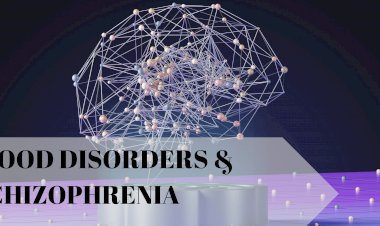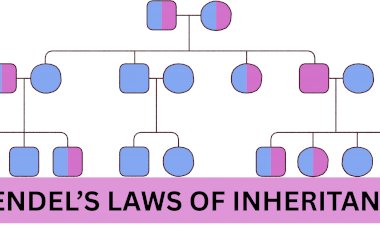The connection between Nutrition and Mental Well-being

How Nutrition and Diet Management Can Impact Mental Health
The connection between diet and mental well-being is increasingly recognized as a critical aspect of holistic health. As we learn more about the intricate relationship between what we eat and how we feel, it becomes evident that nutrition plays a significant role in mental health. For students pursuing a diploma in Nutrition and Diet Management, understanding this connection is crucial, as it equips them with the tools to address both physical and mental health in a comprehensive manner.
The Gut-Brain Connection: How Diet Influences Mental Health
One of the most fascinating areas of study is the gut-brain axis—a communication network that links the emotional and cognitive centers of the brain with the digestive system. The gut is home to trillions of bacteria that play a role not only in digestion but also in producing neurotransmitters like serotonin, which regulates mood, and dopamine, which is linked to feelings of pleasure and reward. Diets rich in fiber, probiotics, and essential nutrients support a healthy gut microbiome, which in turn promotes better mental health.
Conversely, diets high in processed foods, sugars, and unhealthy fats can lead to inflammation and imbalances in gut bacteria, which have been linked to depression, anxiety, and other mental health disorders. Understanding this connection allows nutrition professionals to recommend dietary changes that can help alleviate symptoms of mental health conditions.
Nutrients That Support Mental Well-being
Students in a Nutrition and Diet Management program learn about specific nutrients that are crucial for brain health. Omega-3 fatty acids, found in fatty fish like salmon, are essential for brain function and have been shown to reduce symptoms of depression. B vitamins, particularly B12 and folate, are vital for producing neurotransmitters that regulate mood. Magnesium, zinc, and vitamin D are other key nutrients that support mental health, and deficiencies in these can contribute to anxiety and depression.
In their training, students learn how to assess a person's diet for these nutrients and provide guidance on how to incorporate them into daily meals. For example, they might suggest adding more leafy greens, nuts, seeds, and fish to a person's diet to boost their intake of these critical nutrients.
Personalized Nutrition Plans for Mental Health
One of the strengths of a Nutrition and Diet Management program is the emphasis on personalized nutrition. Mental health conditions are complex and can be influenced by a variety of factors, including genetics, lifestyle, and environmental stressors. Students are taught to take a holistic approach, considering the individual's unique needs, preferences, and circumstances when designing a nutrition plan.
For instance, someone dealing with anxiety might benefit from a diet that stabilizes blood sugar levels and includes foods that promote relaxation, such as those rich in magnesium and B vitamins. For someone with depression, a focus on anti-inflammatory foods and omega-3 fatty acids could be beneficial. By tailoring nutrition advice to the individual, future nutrition professionals can play a significant role in supporting mental health.
The Role of Education in Promoting Mental Wellness
Nutrition and Diet Management students are not just trained to make dietary recommendations—they are also educated on the importance of teaching their clients about the connection between diet and mental health. Empowering individuals with knowledge about how their food choices can impact their mood and mental state is a key part of promoting long-term wellness.
In practice, this could involve workshops, one-on-one counseling, or community programs where students share evidence-based information on the benefits of a balanced diet for mental health. By educating others, they help to foster a more informed public that can make better choices for both physical and mental well-being.
Conclusion: The Growing Importance of Nutrition in Mental Health Care
As the understanding of the relationship between diet and mental health continues to grow, so too does the importance of integrating nutrition into mental health care. Students in a Nutrition and Diet Management diploma program are at the forefront of this movement, gaining the knowledge and skills to make a positive impact on the mental well-being of their future clients. By addressing both the body and mind through tailored nutrition plans, they will be well-equipped to contribute to a more holistic approach to health care, one that recognizes the vital role of diet in maintaining and improving mental health.
#nutrition #dietmanagement #diploma #dietician #ibricourses #nutritionist #mentalhealth #lifestyle

 Manju
Manju 























